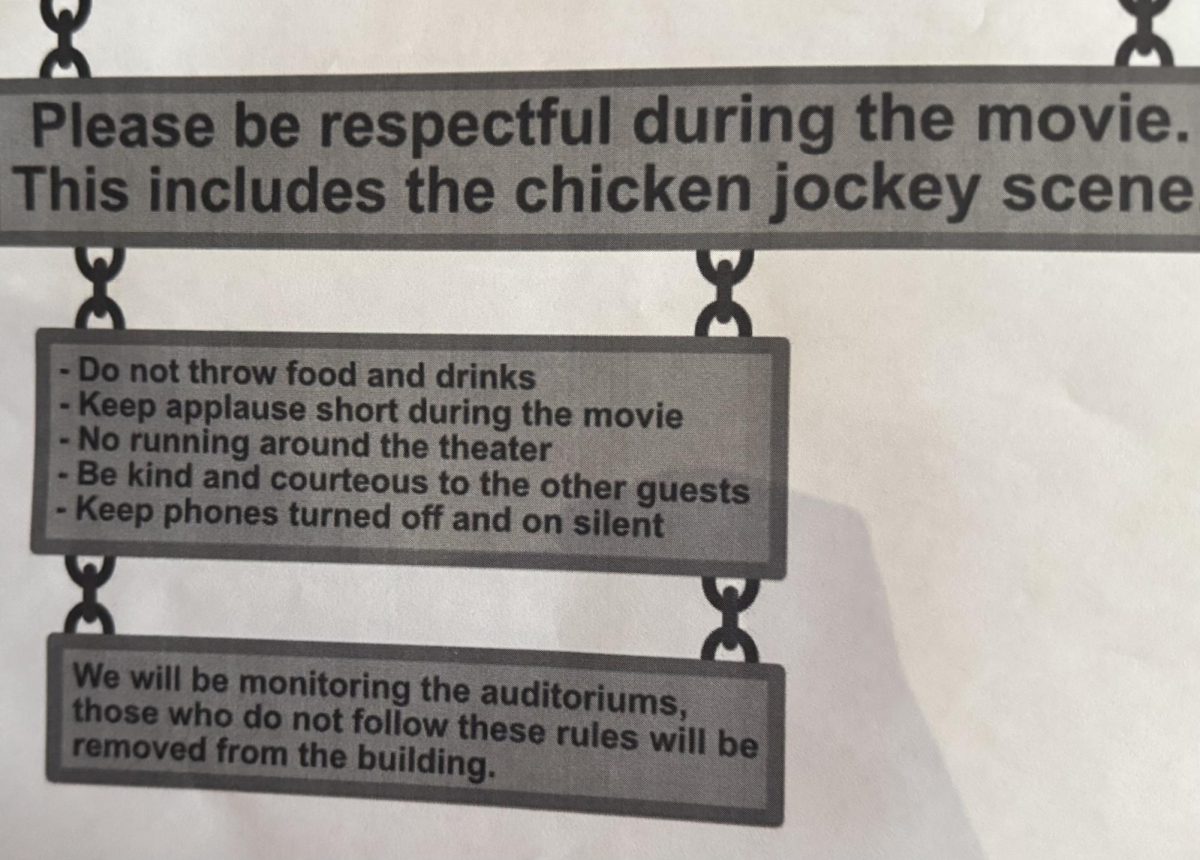It was just a few weeks ago that I had one of the most compelling lunch conversations in my entire time at Macalester. Joining a table of around ten football players, I sat down to a discussion of existentialism, post-structuralism, creationism and spirituality all bundled into one. I wasn’t overwhelming surprised, given the nature of students enrolled at Macalester, but it still did get me thinking: at how many other institutions around the country would football players be having a conversation like that at lunch, their time away from classes? And, maybe more importantly, at how many institutions around the country would anyone expect the football team to be having a conversation like that?
The answer to the former is likely “only a few.” More discouragingly, though, the answer to the latter is likely “even fewer.”
There is an unfortunate stereotype surrounding football players that depicts them as brutish, muscle-obsessed and generally unintelligent. This is rooted in both their appearance and their actions, and is held pretty commonly throughout the country. What is much less frequently acknowledged, though, is just why these sentiments are held. Getting into this piece of the puzzle provides an explanation for the stereotype itself, and can help football players be seen in a much more positive light.
The most immediately apparent aspect of this stereotype is the hyper-muscular, dominant appearance. Such an appearance, past research suggests, perpetuates the perception that football players’ attitudes and behaviors are associated with their size. A larger and more muscular frame is seen as a predictor of the hyper-aggressive behaviors that correspond with the stereotype. However, in truth, increased muscularity is important for functioning on the field and injury prevention. Football players strive for muscular bodies in order to be the best players they can be, not to have a larger, more aggressive appearance.
In understanding this, stereotype-holders can better recognize why football athletes appear the way they do. Thus, they can better understand that appearance is not meant to fortify an accompanying personality, but to assist in their athletic endeavors. In doing so, the perpetual stereotype can, at least in part, be explained away.
In addition to appearance, another defining aspect of the stereotype is the attitudes and beliefs football players (stereotypically) hold. Wong and colleagues delved into research pertaining to this notion, looking at what is considered a particularly non-masculine behavior: crying. Their research showed, coincidentally, what the stereotype suggests: football players’ opinions of crying was negative, seeing it as undesirable and uncharacteristic. This was untrue, though, when crying occurred in the context of losing a football game, as in this situation it was seen instead as positive and appropriate.
These results seem to suggest that, in keeping with the stereotype, crying is a behavior contradictory to football players’ perceptions of themselves, though there is notably one exception to that. This is an important conclusion to come to, as it provides insight into the true sentiments of football players, even though it is in opposition to my proposal that this stereotype is rooted in falsity. Rather, it seems that there is some level of truth to the stereotype, and, in considering it in the future, it is important to be conscious of both the illegitimacy and the legitimacy of the stereotype.
So, maybe my experience at the football table that day was an anomaly. Maybe there is some truth to the fact that football players can be hyper-masculine and act in a way that portrays them as such. However, it is also important to be conscious of the fact that maybe this isn’t always true. Maybe it’s the case that football players are seen in a certain light, one that is improperly representative of them as individuals.
I know I have a biased opinion, but I choose to believe that the latter is more true than the former, and that with enough awareness more and more people can come to understand that football players, especially those at Macalester, aren’t the people that many expect them to be. I know this has been my experience, and I’ll tell you first-hand: Macalester football players are some of the best people with whom I’ve ever spent time.
I encourage you to find out for yourself.







Hannah Blake • Sep 11, 2019 at 2:18 am
What a lovely story! The tale in this YouTube video that is posted here is truly a nice one with having fastidious picture feature.
Ian Hodges • Sep 8, 2019 at 10:31 pm
I have been surfing on-line more than three hours as of late, yet I by no means found any interesting article like yours. It is pretty price sufficient for me. Personally, if all website owners and bloggers made good content material as you probably did, the internet will probably be much more useful than ever before.
NoodlesCompany coupons • Jul 30, 2019 at 1:19 pm
great post mate, even though there is an issue with backlinking in relation to ecommerce.
NativeDeodorantdiscountcode • Jul 30, 2019 at 9:17 am
Excellent post Brian how you covered all of the strategies for webmasters.
PeterPiperPizzadiscountcode • Jul 30, 2019 at 4:57 am
Wonderful post Brian the method that you covered all of the strategies for webmasters.
SkyZonecodes • Jul 29, 2019 at 7:07 pm
Great post Brian how you covered all the techniques for webmasters.